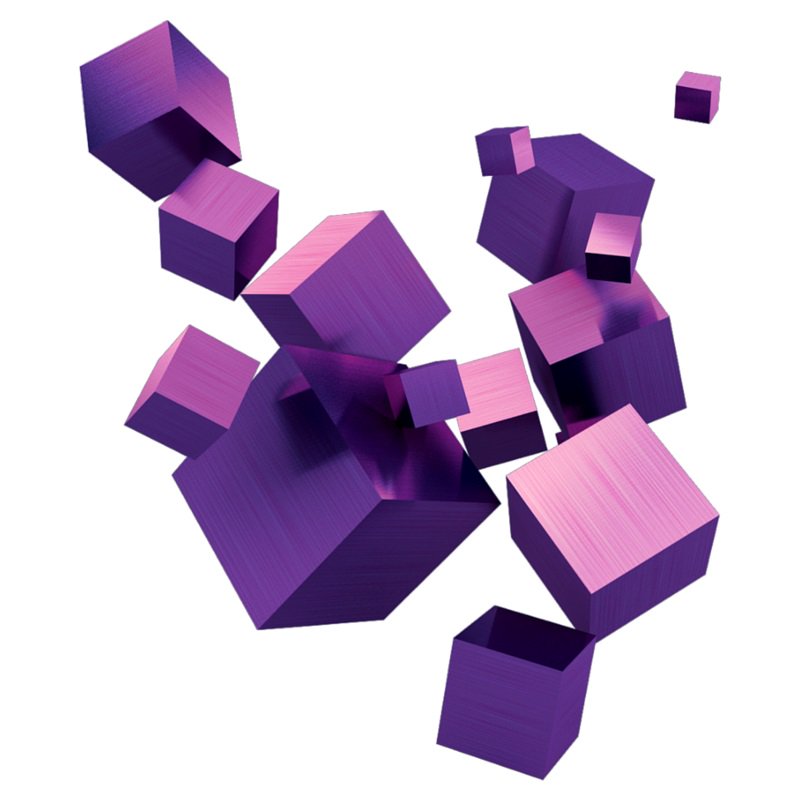According to Wiktionary – the wiki based, open content dictionary – a “cluster” is defined as “a group or bunch of several discrete items that are close to each other”.
When it comes to Life Sciences companies the best and the brightest tend to establish operations not only in specific cities but specific areas within those cities. These hot-beds and groupings of companies are commonly referred to as “Life Sciences clusters”. Some of the most successful clusters within the U.S. include the Greater Boston area, Raleigh-Durham in North Carolina, San Francisco on the west coast, and the twin cities of Minneapolis-Saint Paul in Minnesota.
So, what do these strategic areas have in common? Furthermore, why do they attract such promising start-up ventures, as well as world-class pharmaceutical, biotech, and medical device firms?
To answer these questions, one needs to understand the life-blood that these types of organizations need in order to develop and bring new technologies to an ever-challenging market. Geographies where Life Sciences clusters exist and thrive have some of the following common traits:
- They are cities with bustling urban environments
- The areas are anchored by top universities offering cutting edge research programs
- They are often co-located with large independent or university operated teaching hospitals
- They possess a highly educated workforce, including a large segment of recent college graduates in fields such as science, technology, biology, and engineering
- There is an abundance of laboratory and manufacturing space equipped to produce a myriad of drugs, therapies, and devices
Though it is ranked 45th out of our 50 states in land area (as raked by US50.com), Massachusetts is home to some of the best and brightest Life Sciences companies in the country. In fact, in Cambridge, MA alone – a so-called “super cluster” within the Massachusetts cluster – is home to companies such as Vertex Pharmaceuticals, Pfizer, Genzyme, Amgen, Biogen, and a plethora of smaller promising start-ups. In addition, the Bay State is also home to several large device players including Philips Healthcare, Boston Scientific, Medtronic/Covidien, Smith & Nephew, and Thermo Fischer Scientific, just to name a few.
Life Sciences clusters will continue to thrive and energize some of the most vibrant cities in our nation as long as there is a steady demand for new and more advanced technologies from physicians, clinicians, and the ever growing population of patients who need them.
